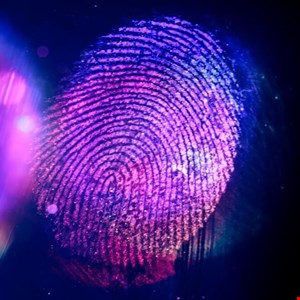- Want to ditch Windows? This Linux distro makes that transition easy
- Chained Flaws in Enterprise CMS Provider Sitecore Could Allow RCE
- I recommend OnePlus' lateset flagship phone over the S25 Ultra - here's why
- 8 signs that outdated IT systems are killing your business
- Did Samsung's fitness coach just outpace Apple's Workout Buddy?
Two-Fifths of Americans Want to Ban Biometric Use

A majority of Americans have grave concerns about providing biometric information online and two-fifths (39%) argue the technology should be banned, according to new research from the Identity Theft Resource Center (ITRC).
The non-profit, which helps consumers and organizations mitigate the impact of identity crimes, polled 1177 individuals for its Biometric Consumer Attitude Report.
It found that 87% were asked to provide a biometric identifier to verify their identity online in the past year, but 63% had “serious concerns” about doing so.
Although 91% did so anyway, and two-thirds agreed that biometrics can reduce identity crimes, a sizeable minority think the technology should be banned outright. The latter cohort was dominated by younger respondents (45%) and men (54%), while the ITRC pointed out that a large number of “don’t knows” came from female respondents.
Read more on biometrics: GoldPickaxe Trojan Blends Biometrics Theft and Deepfakes to Scam Banks
“This research highlights a critical need for those of us working to prevent identity crimes to do a better job explaining both the benefits and risks of emerging identity technologies – especially biometrics,” said Eva Velasquez, CEO of the ITRC.
“Our hope is that this Biometric Report serves not only as a guide for future study but also as a roadmap to increase public understanding and acceptance. Change can be uncomfortable, but resisting it without understanding the facts can create unnecessary risk. We must do more to show why secure biometric identity verification is in everyone’s best interest.”
The findings are surprising given that most smartphone users make use of biometrics every day in order to access their devices and apps – typically via a facial recognition or fingerprint scan.
However, deepfake technology is slowly eroding the value of biometric checks for account and identity verification, for example in the banking sector.
An Entrust report from last year revealed that deepfakes now comprise 24% of fraudulent attempts to pass motion-based biometrics checks, which are used by banks and other service providers to authenticate users.
Researchers have also discovered malware designed to harvest biometric information from videos in order to create deepfakes to bypass these checks.

